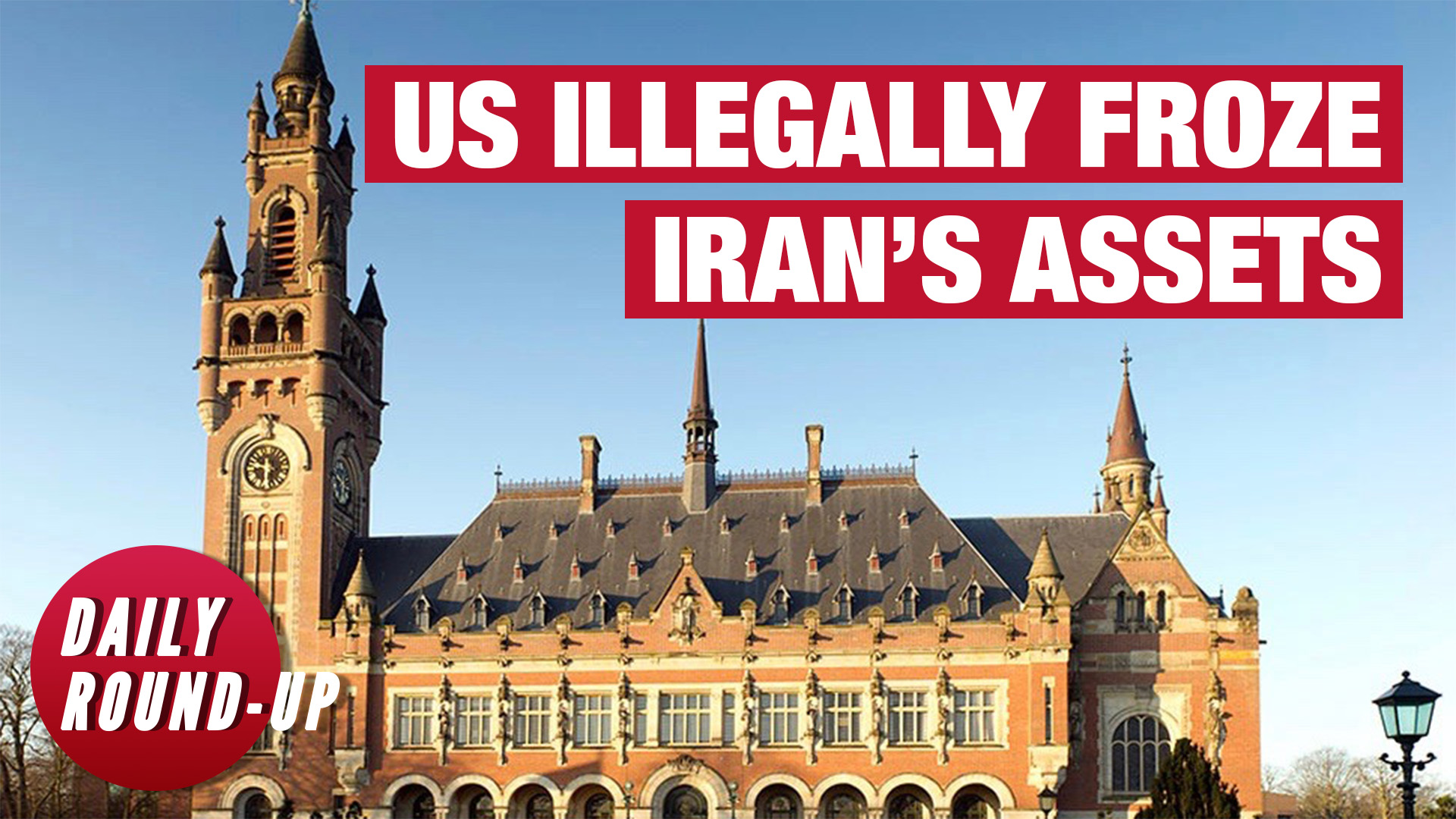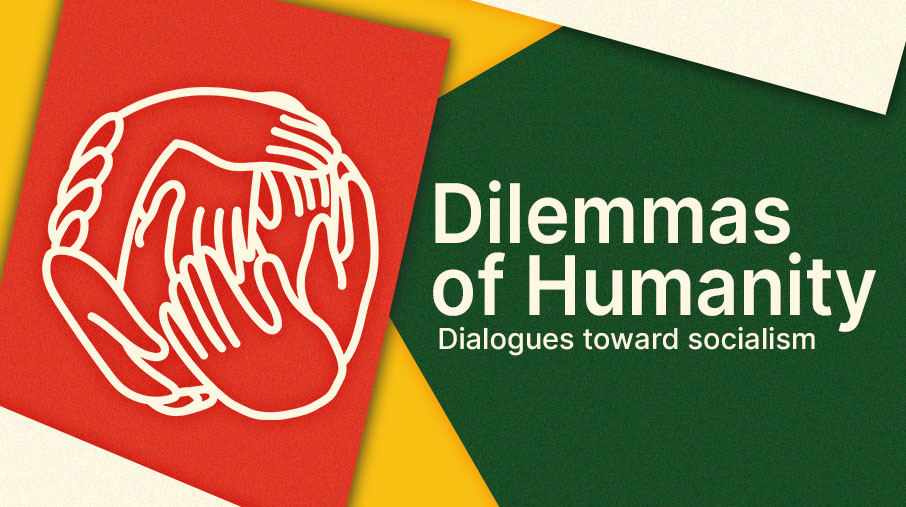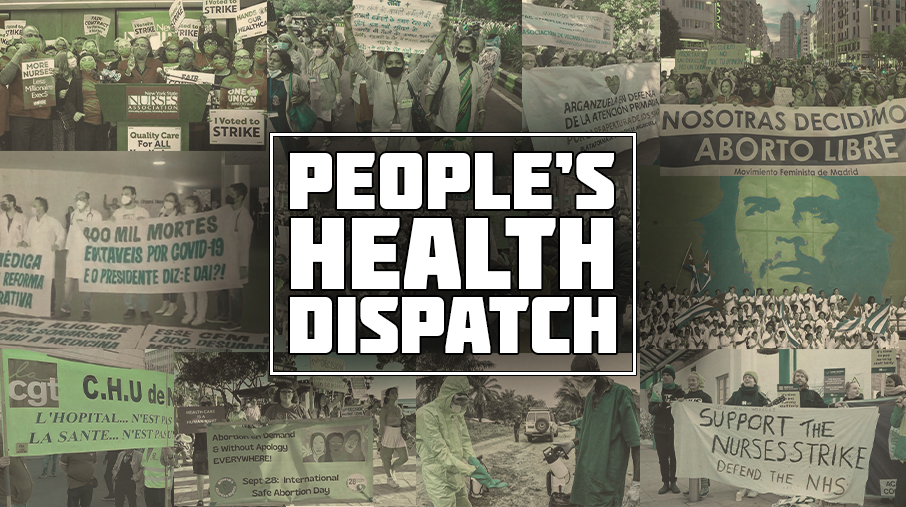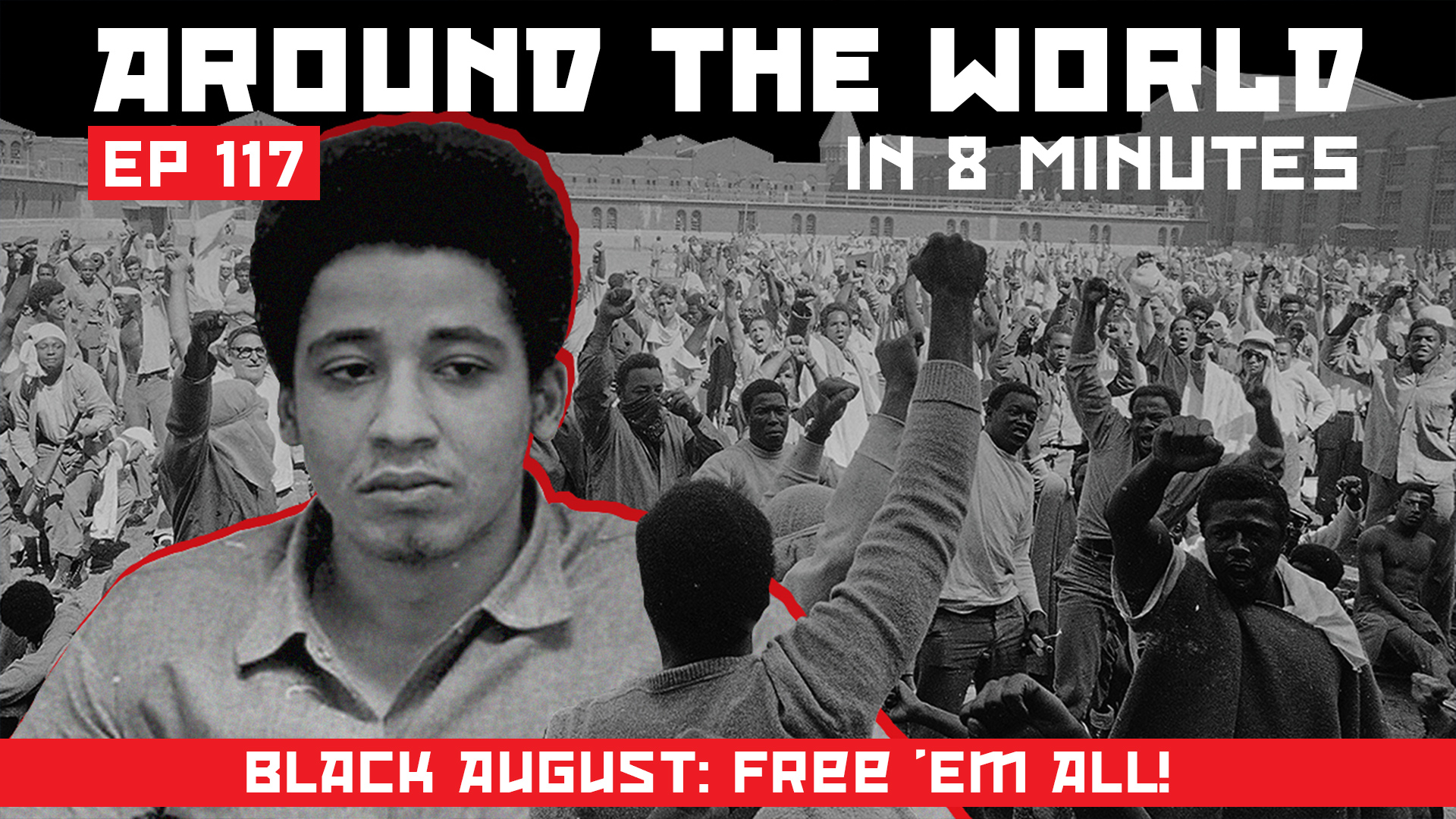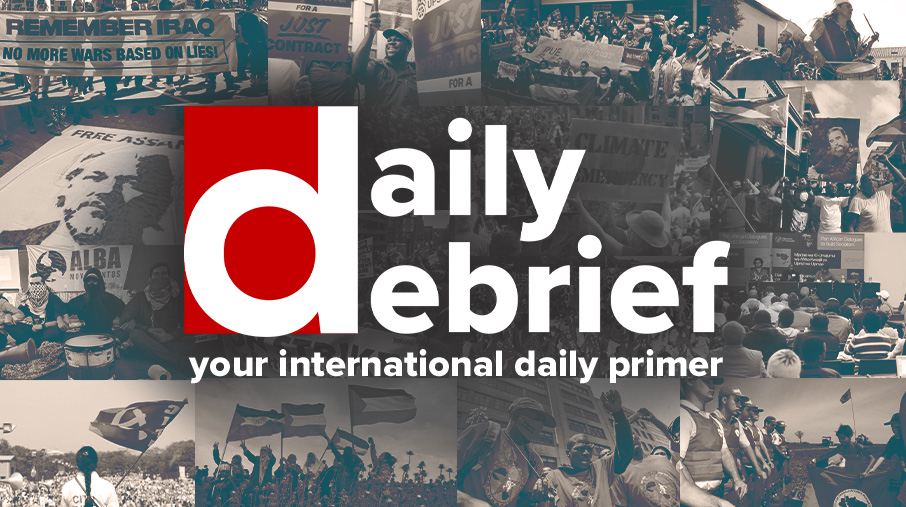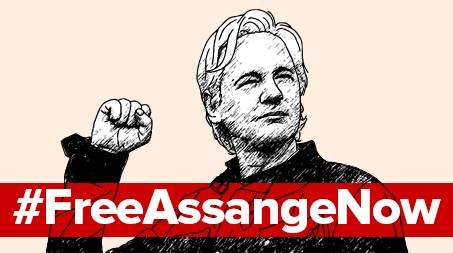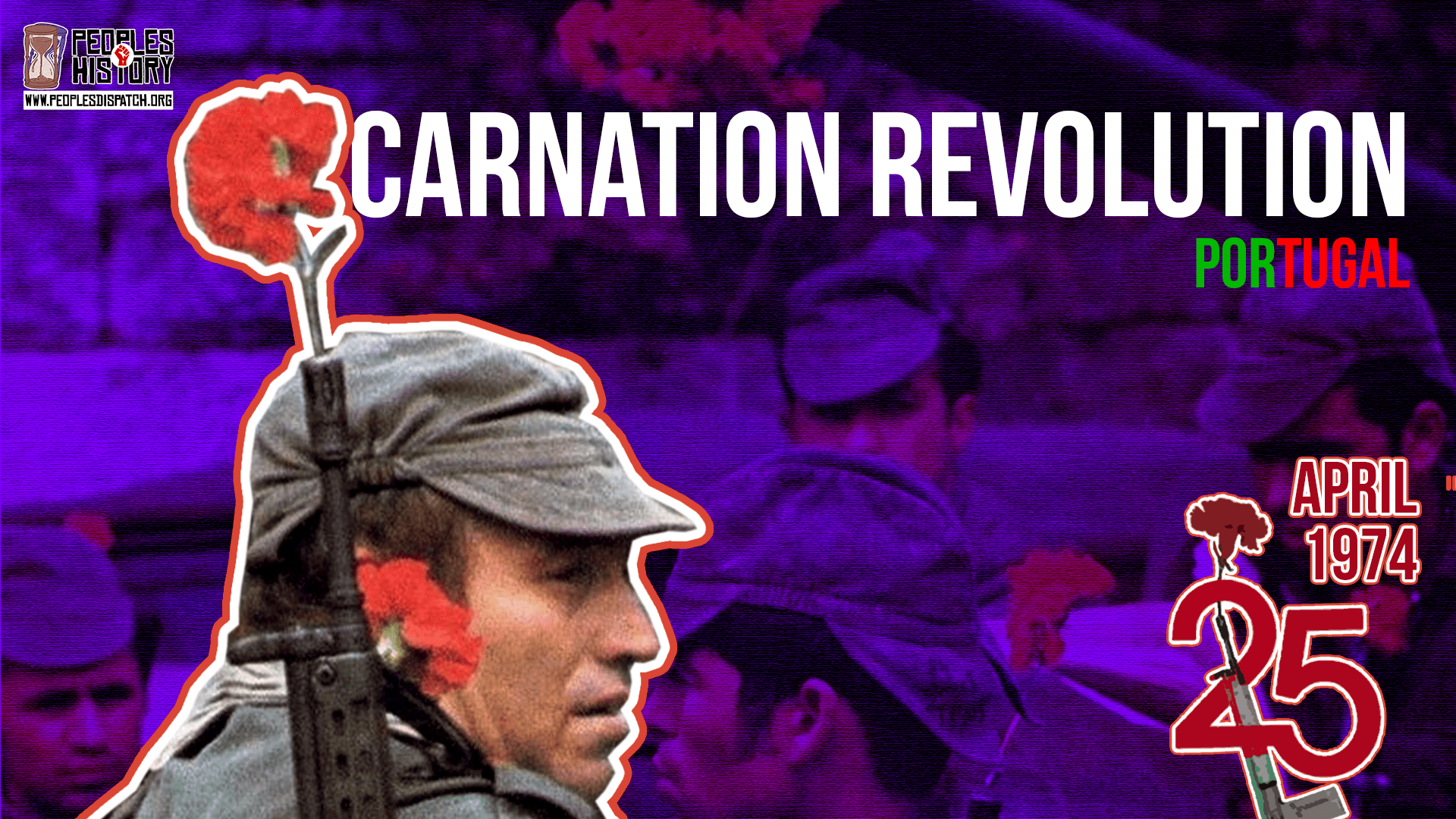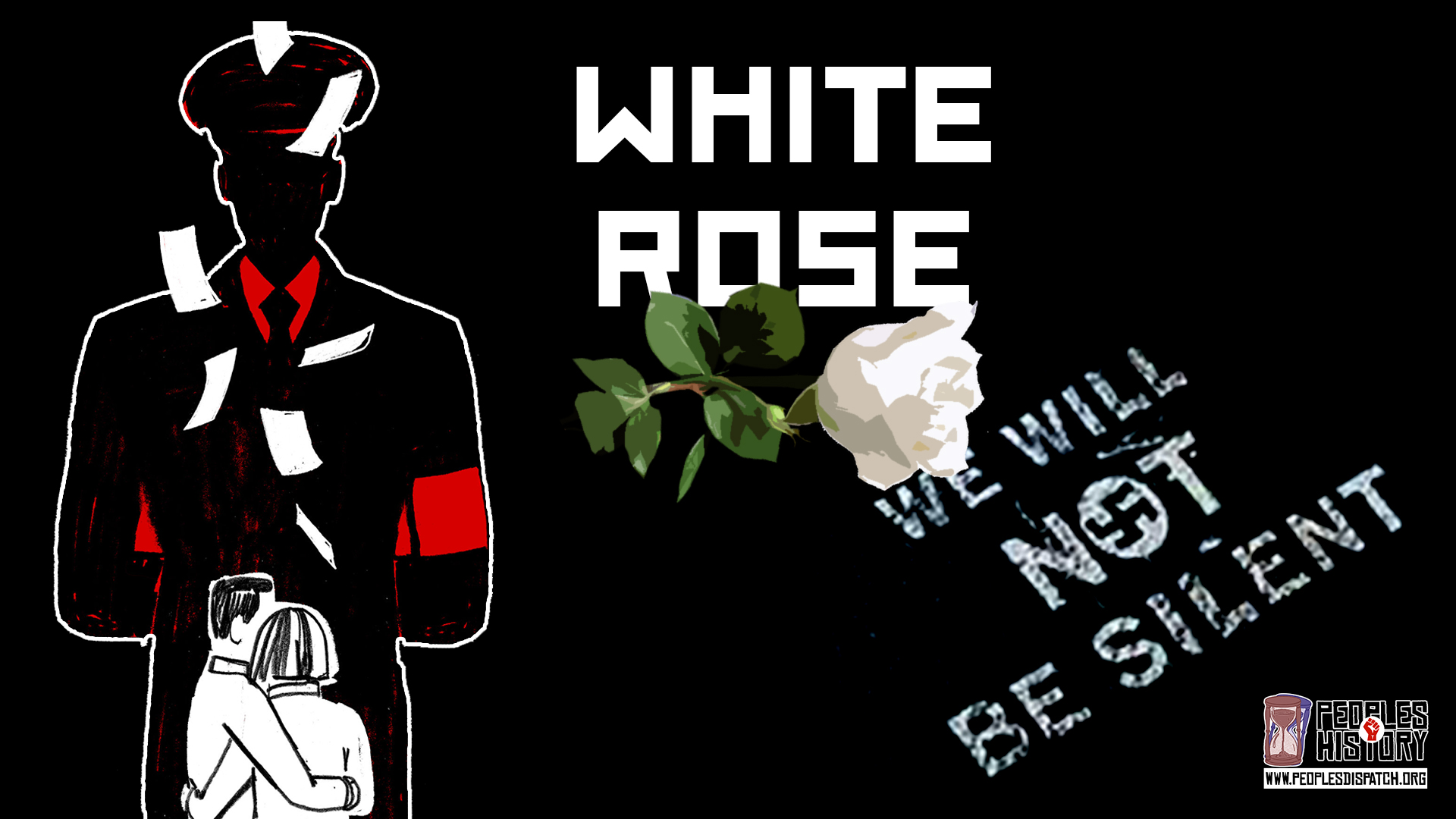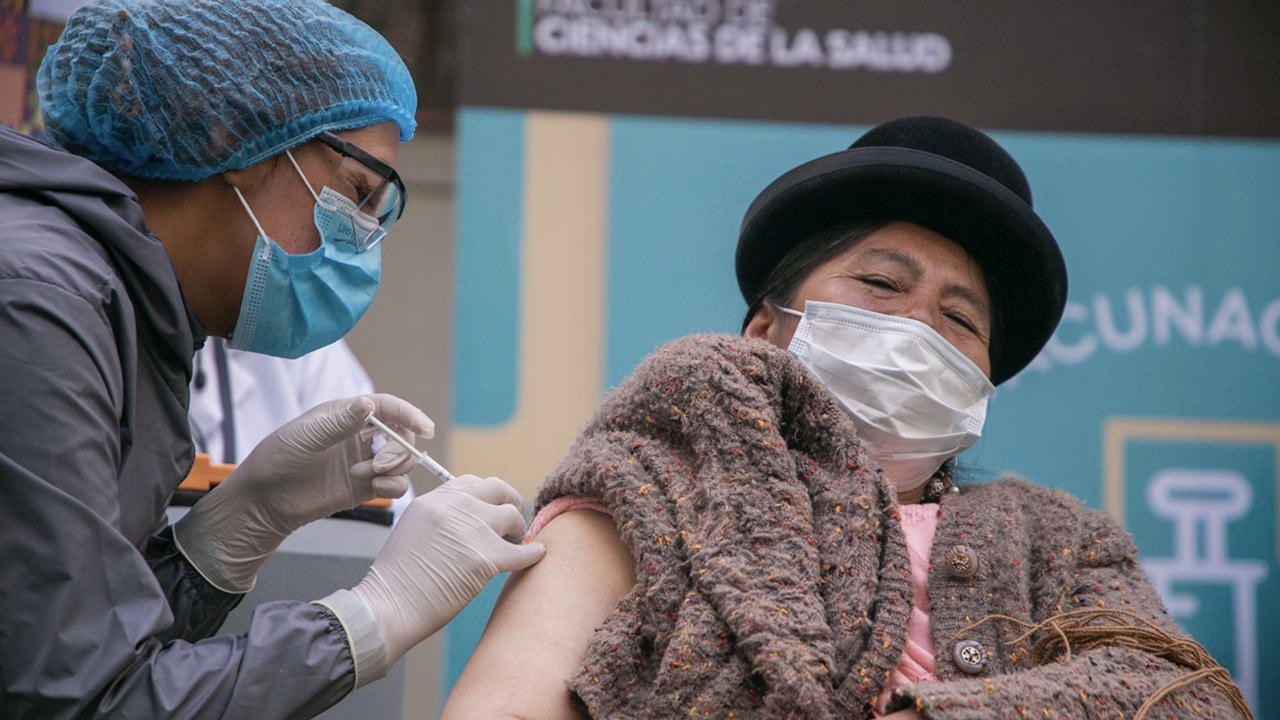 Bolivia: Patients’ or patents’ rights in the times of the pandemic?
Bolivia: Patients’ or patents’ rights in the times of the pandemic?
The Bolivian government reached an agreement with Biolyse, a Canadian drug manufacturer, to produce additional doses of COVID-19 vaccines if a compulsory license is issued. However, their efforts have been blocked by the interest of patent-holders profiteering on the pandemic.
 Bolivia for the record: the people speak pt. 2
Bolivia for the record: the people speak pt. 2
In the second part of ‘Bolivia for the record,’ activist and historian Cindy Forster brings stories and testimonies from the massive mobilizations organized in August 2020 following the announcement by the coup regime to postpone elections once again
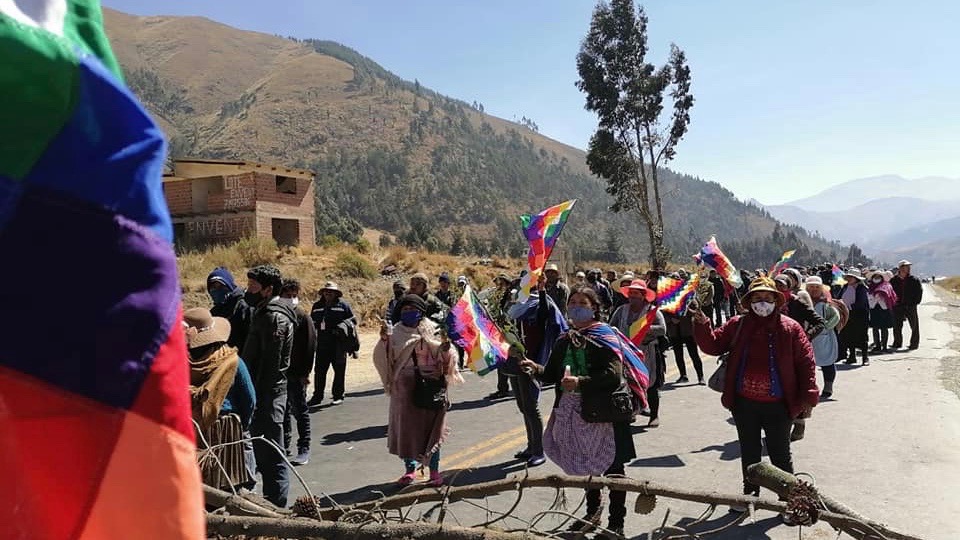 Bolivia for the record: the people speak
Bolivia for the record: the people speak
Just a week ahead of local elections in Bolivia and on the tail of a coup threat from far-right leader Luis Fernando Camacho, activist and historian Cindy Forster takes a deeper look at how the Bolivian people rose up against the coup regime and won a historic victory to recover democracy.
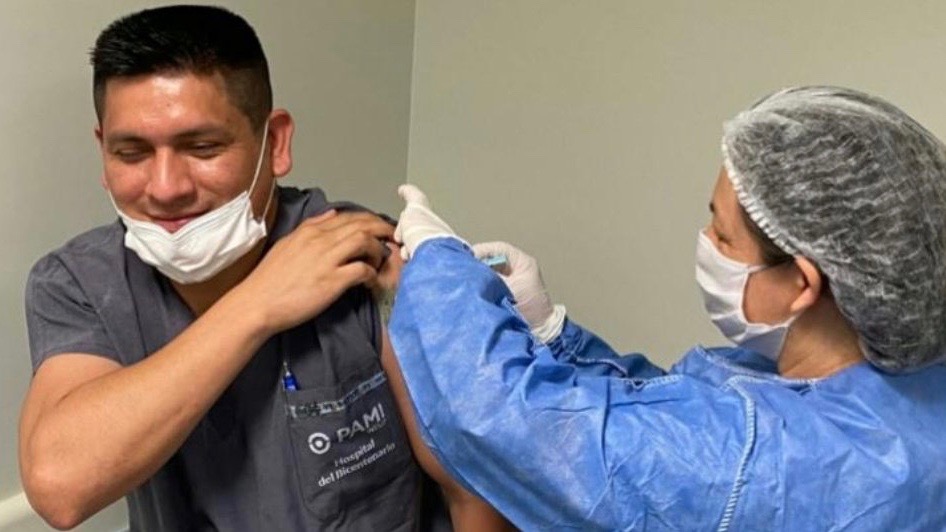 What is happening in Latin America with vaccine roll-out?
What is happening in Latin America with vaccine roll-out?
In Latin American and the Carribean region, so far, nine countries have begun inoculating their populations against COVID-19 and all of them are providing free vaccination to all citizens
 Bolivia approves emergency use of Russia’s Sputnik V vaccine
Bolivia approves emergency use of Russia’s Sputnik V vaccine
Bolivia hopes to vaccinate up to 20% of its population in the first quarter of this year. The health ministry has endorsed Russia’s Sputnik V and China’s CoronaVac vaccines against COVID-19
 When Bolivians defeated US imperialism with democracy
When Bolivians defeated US imperialism with democracy
The resounding victory of the MAS presidential ticket in the elections held on October 18 came after a year of struggle against the US-backed coup regime
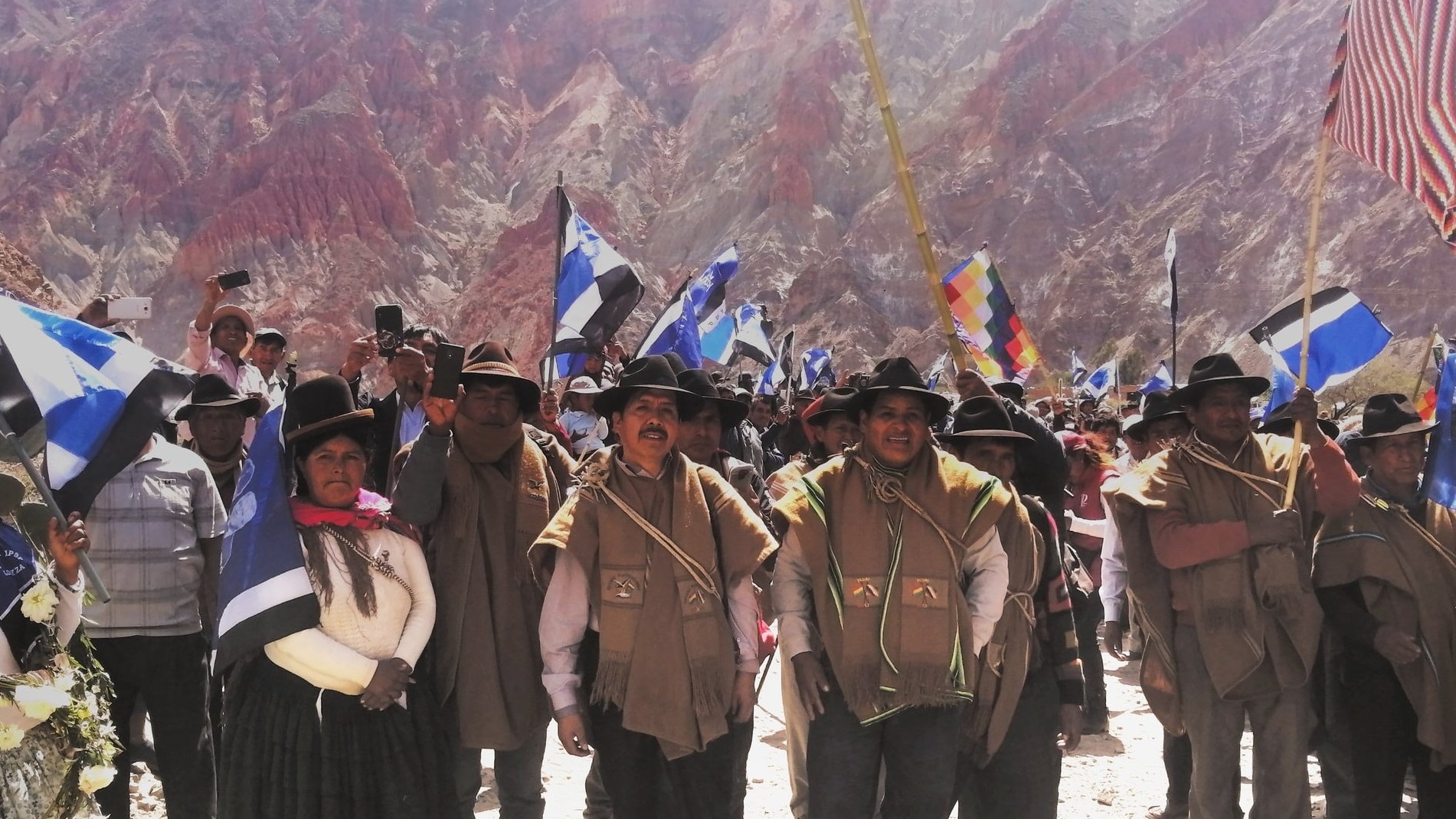 Hours before Bolivia goes the polls, early results system suspended, military mobilization in La Paz
Hours before Bolivia goes the polls, early results system suspended, military mobilization in La Paz
The first elections since the coup d’état will be held on October 18 amid a tense social and political climate. This includes a military mobilization in La Paz the night before the polls and the suspension of the DIREPRE early results system
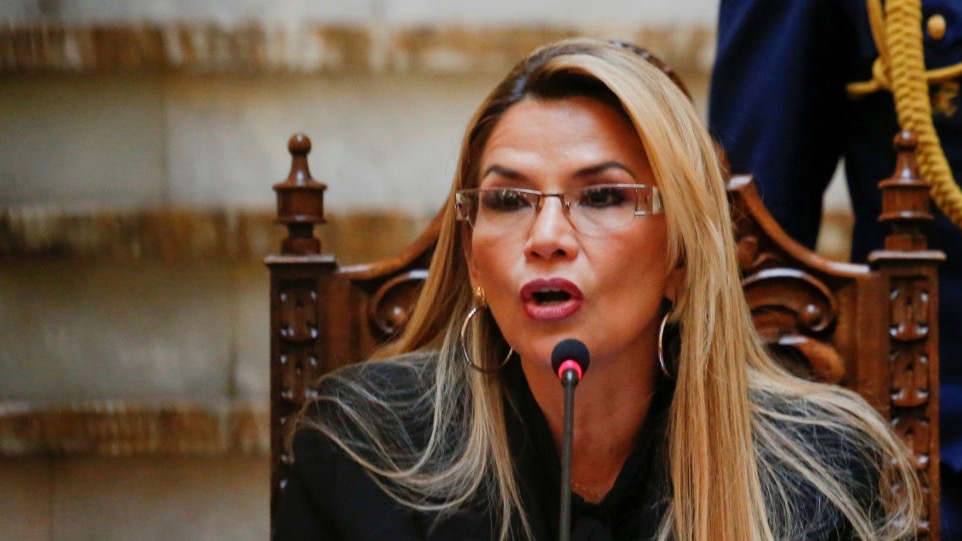 Bolivia’s de facto president Jeanine Áñez withdraws from October elections
Bolivia’s de facto president Jeanine Áñez withdraws from October elections
Áñez announced her withdrawal from the electoral race just a day after the country’s largest opinion poll placed her fourth in the presidential race
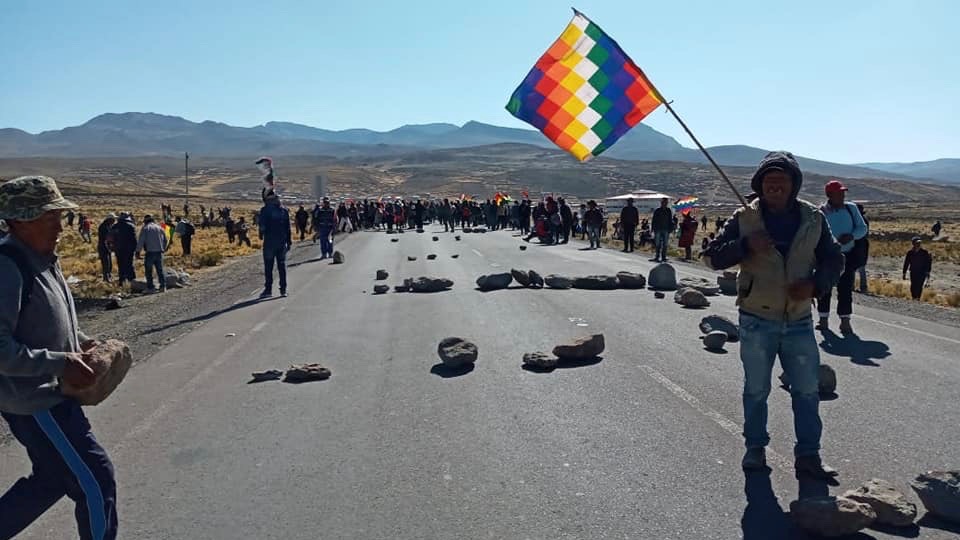 National strike continues across Bolivia, demands grow for Áñez to step down
National strike continues across Bolivia, demands grow for Áñez to step down
Social movements and trade unions stress that their demand is no longer just democratic elections, but also the immediate removal of the entire coup-installed government
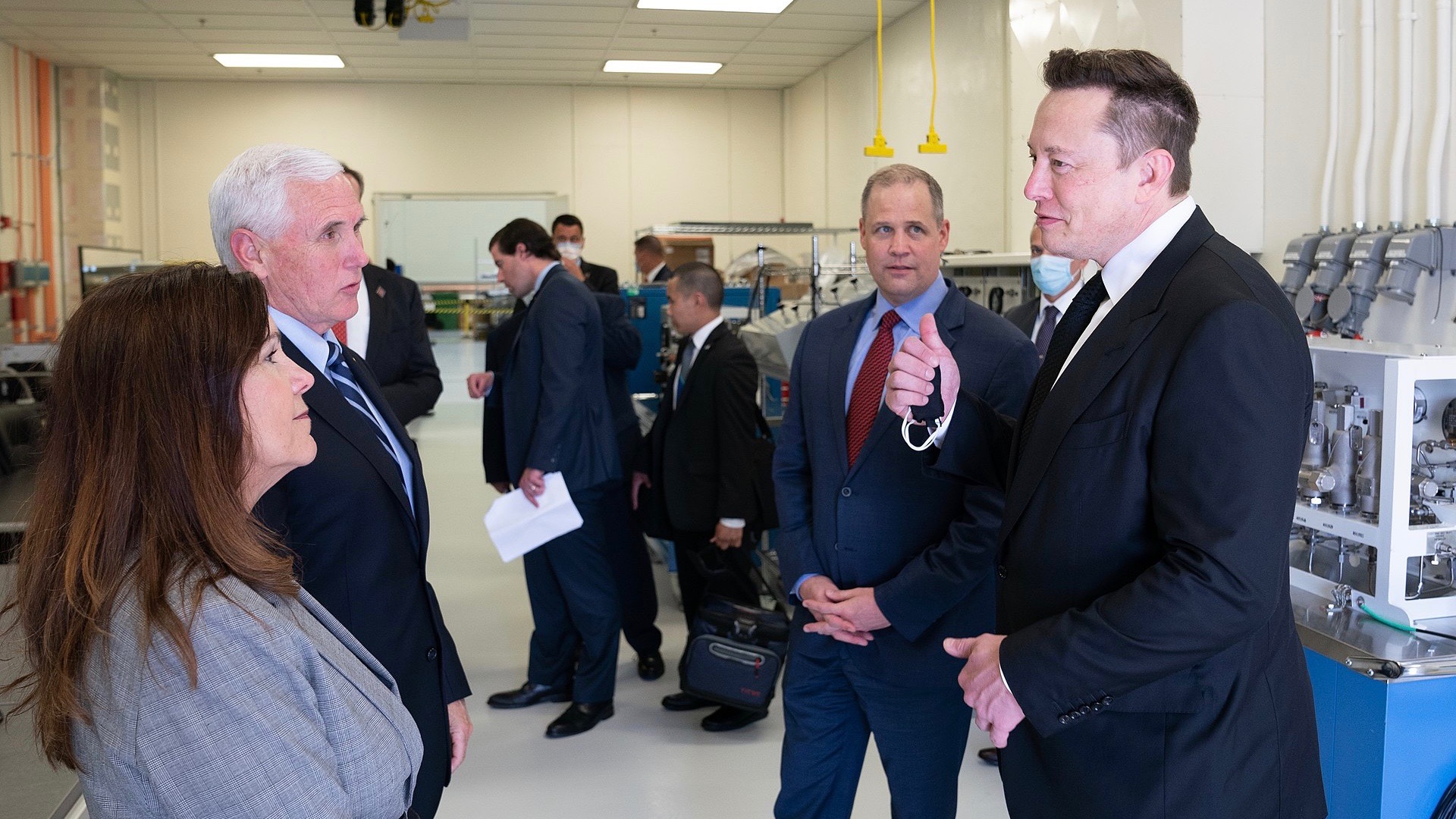 ‘We will coup whoever we want’: Elon Musk and the overthrow of democracy in Bolivia
‘We will coup whoever we want’: Elon Musk and the overthrow of democracy in Bolivia
What role did billionaire Elon Musk and his thirst for lithium play in the coup in Bolivia? Vijay Prashad and Alejandro Bejarano discuss.
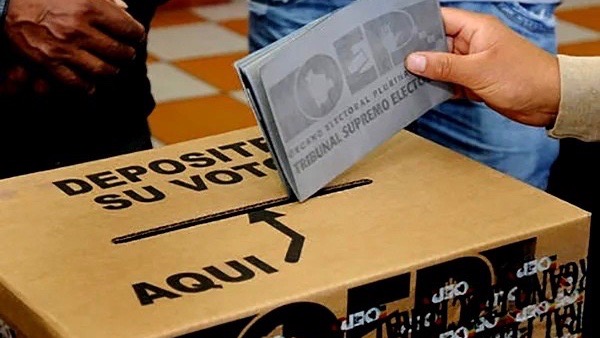 Bolivia’s electoral court postpones general elections to October 18
Bolivia’s electoral court postpones general elections to October 18
Evo Morales and his party rejected the postponement of elections and highlighted that only the country’s parliament has the authority to approve any change in the date
 Bolivia’s de facto president enacts law to hold general elections on September 6
Bolivia’s de facto president enacts law to hold general elections on September 6
The decision was celebrated by diverse sectors in Bolivia that have been mobilizing against de facto government’s handling of the health and economic emergencies intensified by the COVID-19 pandemic


